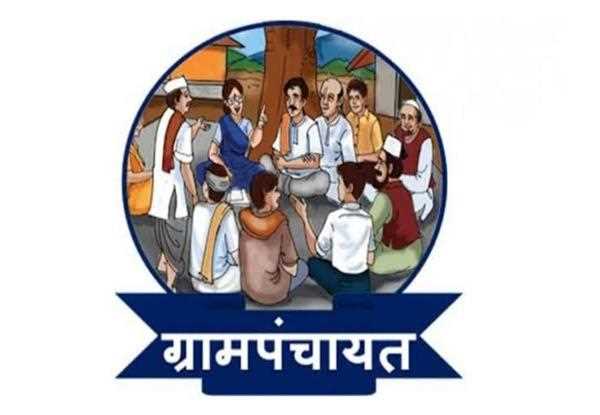Gram Sabha is a term used in India to describe a village-level assembly or council that is a vital part of the local government system. In the state of Uttar Pradesh, Gram Sabhas play a critical role in the administration of rural areas and the implementation of various government programs and policies.
The Gram Sabha is a form of participatory democracy that involves the direct participation of the people in decision-making processes. It is a platform for the villagers to come together, discuss their problems and take collective decisions for the betterment of the community. The Gram Sabha is an important institution for empowering the rural population and ensuring their active participation in the democratic process.
In Uttar Pradesh, Gram Sabhas are held twice a year, in April and October, as per the provisions of the Uttar Pradesh Panchayati Raj Act, 1994. The meetings are usually presided over by the Gram Pradhan, who is the head of the village panchayat. The Gram Pradhan is responsible for convening the meeting, ensuring that all members are present, and maintaining discipline during the proceedings.
The agenda for the Gram Sabha meeting is prepared by the Gram Panchayat and is circulated among the members in advance. The agenda typically includes items such as the status of ongoing development projects, allocation of funds for various welfare schemes, and discussion of any other issues that affect the village community. Members are free to propose new items for the agenda during the meeting, which are then discussed and voted upon.
One of the primary functions of the Gram Sabha in Uttar Pradesh is to oversee the implementation of various government programs and schemes at the village level. This includes monitoring the progress of projects such as construction of roads, schools, and healthcare facilities, and ensuring that the funds allocated for these projects are being used effectively. The Gram Sabha also plays a key role in the implementation of various welfare schemes such as the Mahatma Gandhi National Rural Employment Guarantee Scheme (MGNREGS) and the Pradhan Mantri Awas Yojana (PMAY).
Another important function of the Gram Sabha in Uttar Pradesh is to ensure the accountability of the village panchayat and its officials. Members are encouraged to raise any issues of corruption or malpractice by the panchayat officials and take appropriate action against them. The Gram Sabha also has the power to pass resolutions on various issues, which can then be forwarded to higher authorities for consideration.